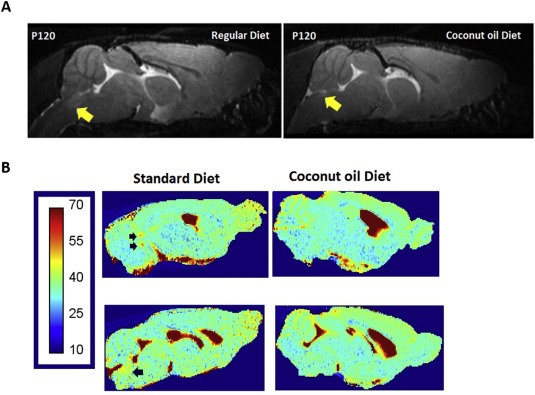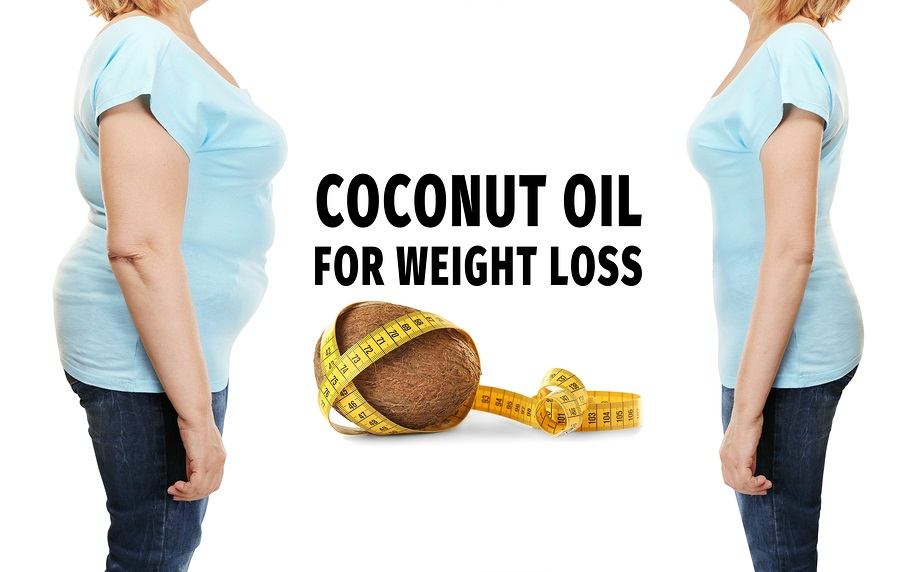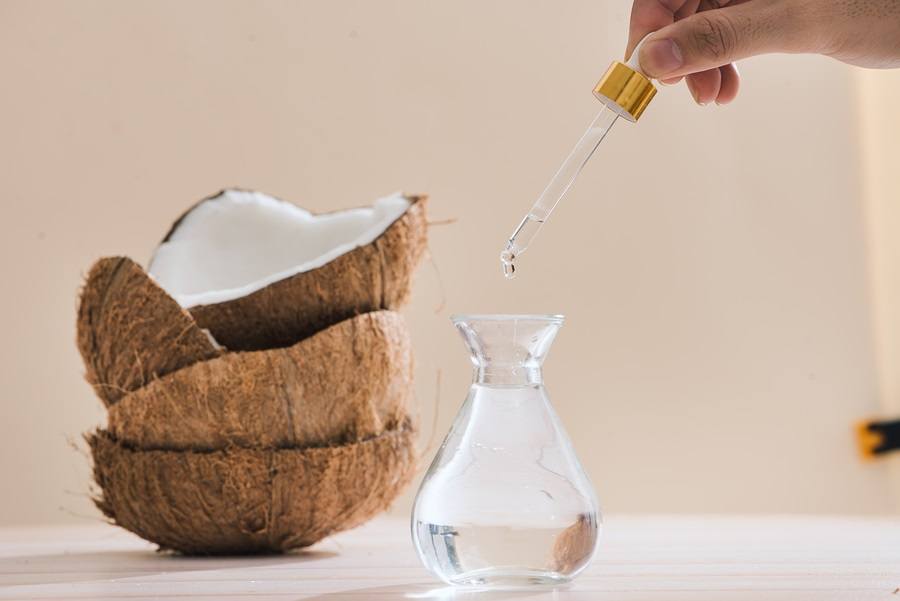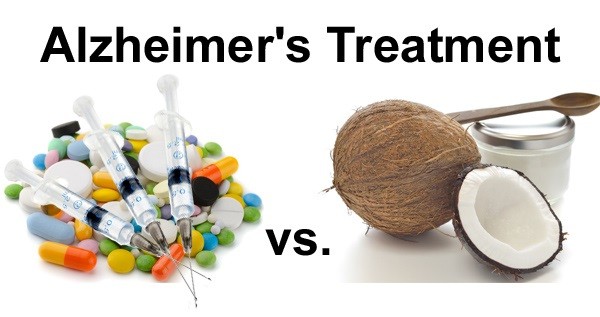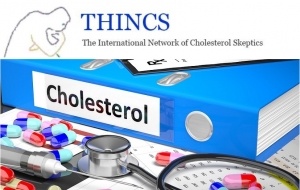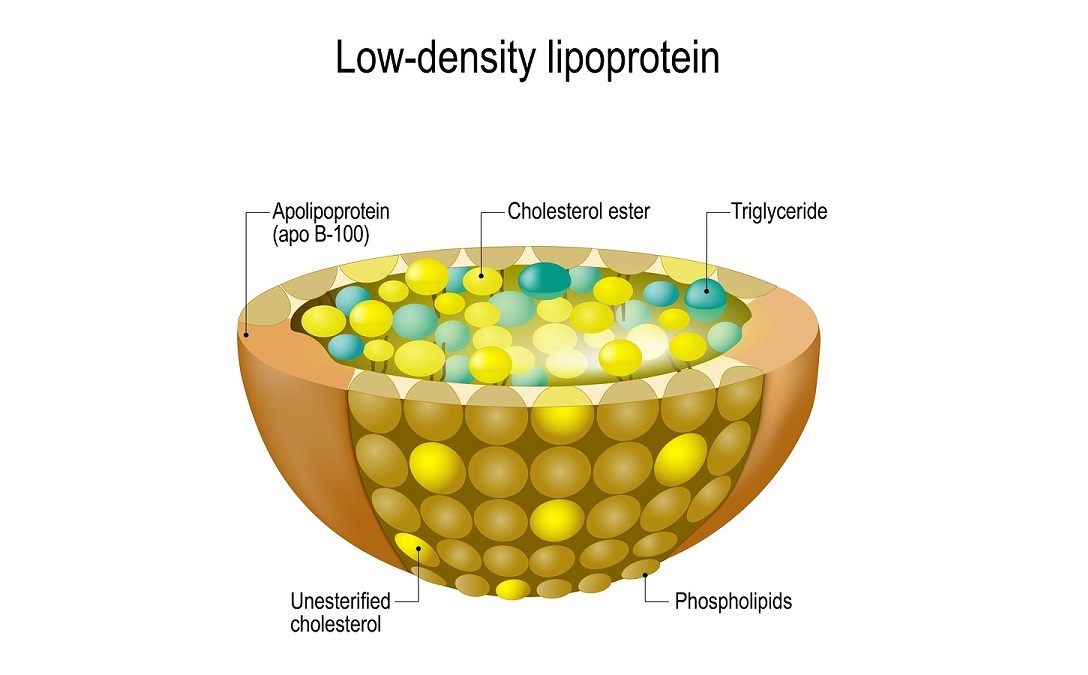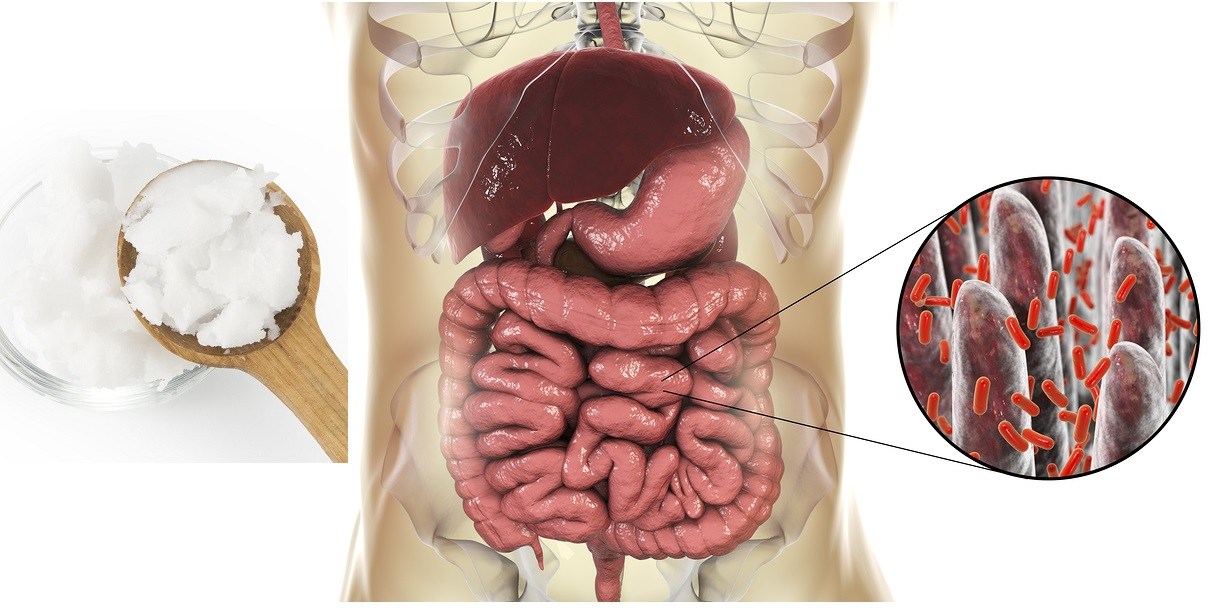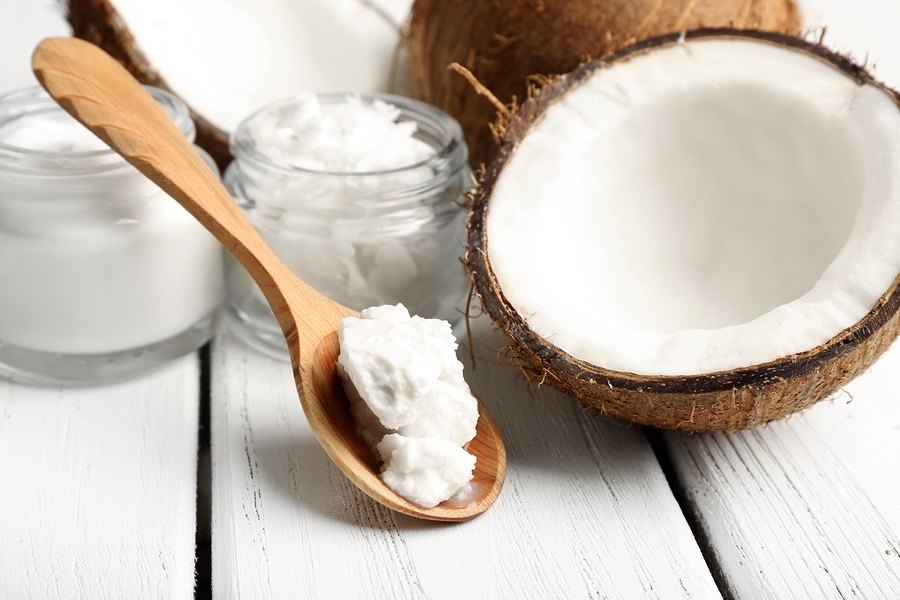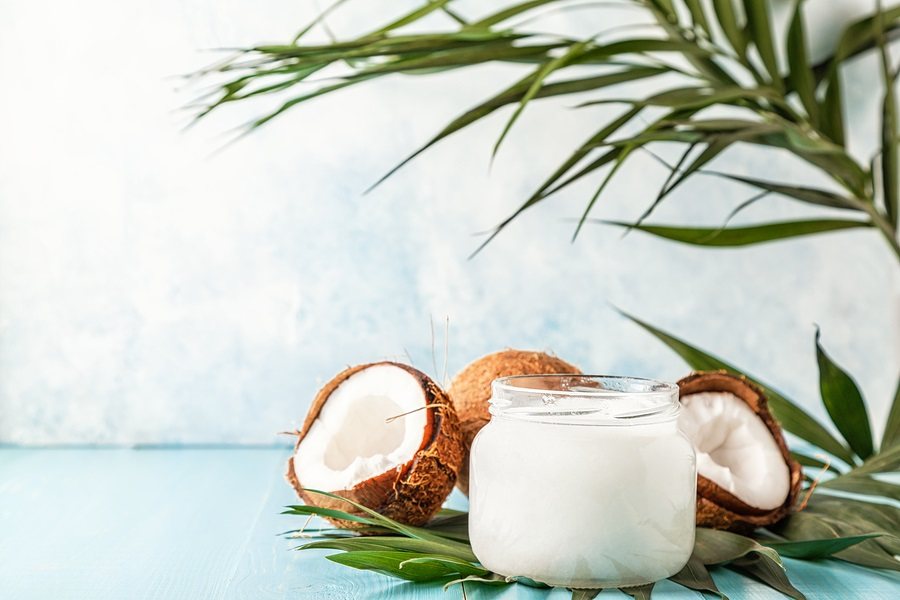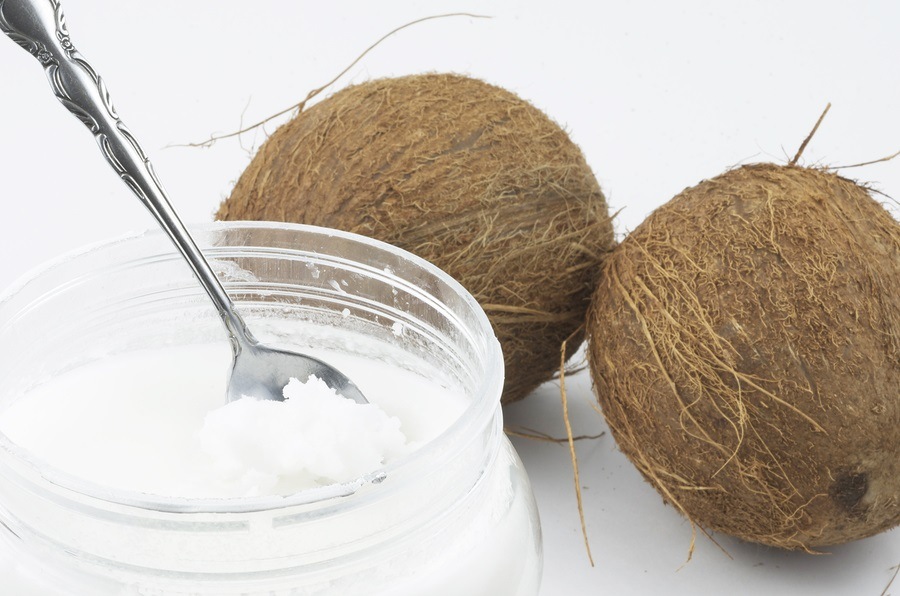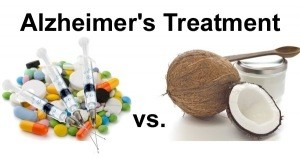If your hypothesis is that all swans are white, the discovery of one black swan refutes your hypothesis. That is how science works. Or at least that is how science should work. In the real world, scientists are highly adept at explaining away contradictions to their favoured hypotheses. They will use phrases such as, it’s a paradox, or inform you that you didn’t measure the correct things or say there are many other confounding factors – and suchlike.
Anyway, accepting that the finding of someone with a very high LDL level, and no detectable atherosclerosis, will always be dismissed – in one way or another – I am still going to introduce you to a ‘case history’ of a seventy-two-year-old man with familial hypercholesterolaemia, who has been studied for many, many, years. Try as they might, the researchers have been unable to discover any evidence for cardiovascular disease (CVD) – of any sort.
The paper was called ‘A 72-Year-Old Patient with Longstanding, Untreated Familial Hypercholesterolemia but no Coronary Artery Calcification: A Case Report.’
And just in case you believe this is a single outlier, something never seen before or since, let me introduce you to the Simon Broome registry, set up in the UK many years ago to study what happens to individuals diagnosed with familial hypercholesterolaemia (FH). It is the longest, if not the largest, study on FH in the world.
It has mainly been used as one of the pillars in support of the cholesterol hypothesis. However, when you start to look closely at it – fascinating things emerge. One of the most interesting is that people with FH have a lower than expected overall mortality rate – in comparison to the ‘normal’ population. Or, to put this another way. If you have FH, you live longer than the average person.






